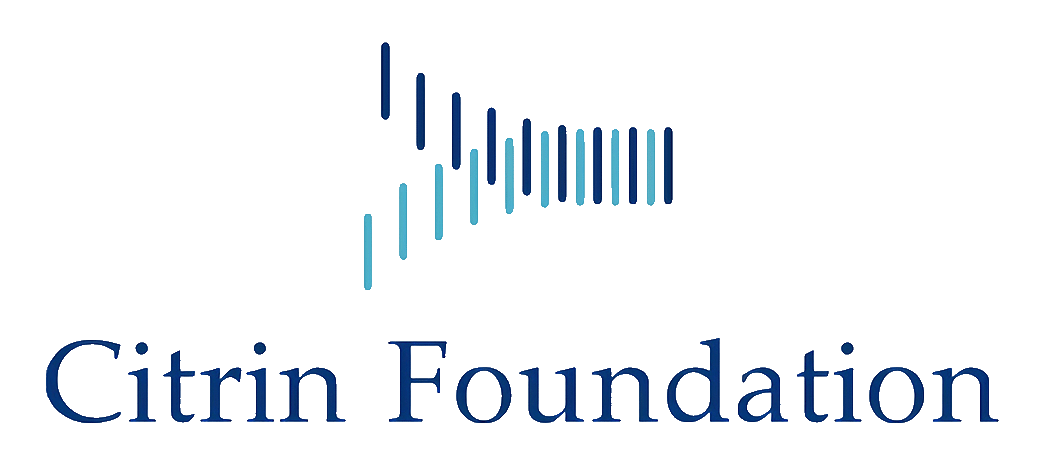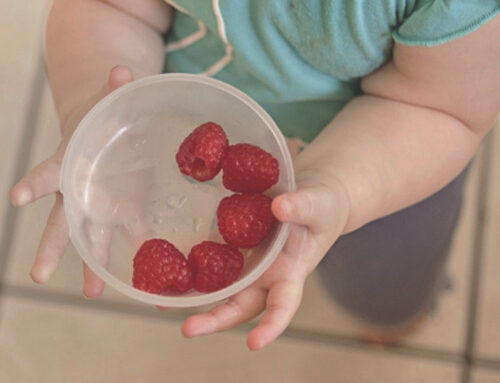How we found out that our son has Citrin Deficiency…
Our son was born on the 37th week at 2280g. He was quite small for a 37th week born baby. He was breast fed and drank well, but his height and weight were not growing very fast. He showed signs of slight jaundice, but his transcutaneous bilirubin levels were normal. I consulted doctors about his slowness in gaining weight, but was told that it was not an issue.
4.5 months from birth, we had a chance to visit a paediatrician at a general hospital.
I used this opportunity to consult the doctor about his weight.
I was told that I did not need to worry if he was drinking well from breast feeding.
However, I felt that his stool was a bit light the previous day, so brought this up to the doctor as well. A blood test was conducted, which is when we found out that his direct bilirubin, prothrombin, ALP, GGT levels were abnormal. Biliary atresia was suspected, and he was admitted immediately.
He left the hospital after going through various tests over the 5 days as all tests denied binary atresia, alagille syndrome and others. We waited for the DNA tests results while he took medication and MCT oil. After 1 month from his hospitalisation, he was diagnosed with citrin deficiency.
This is off the topic, but if we had not come across our doctor, we may not have found out that our son has citrin deficiency and his condition may have gotten worse. We were lucky to have been able to find this out, but we think that we could have found it earlier if our midwife or our local paediatrician have known about citrin deficiency. They could have caught it from hints such as slow weight gain and jaundice.
Since our son was diagnosed with citrin deficiency
I was breast feeing till then, so it was hard work to get him to drink MCT milk from a bottle. However we finally knew why he was not gaining weight, and knew what we could do to change this. We felt much better.
His jaundice disappeared. His height and weight started to increase and his liver figures were better, and there was less medication necessary. Our son did not like MCT milk, so we changed to MCT oil as he started baby food. Before the age of 1, his lab readings normalised and he had no medications to take. We only had to see the doctor every 2 months, and our everyday life normalised as well.
I don’t know if this has anything to do with citrin deficiency, but our son could not hold his neck up when he was hospitalised at 4.5 months. After he started with MCT milk and medication, he began to hold his neck up, flip, and sit on his own, and we didn’t have too many development issues after this.
Our son has strong food preference of baby food, but thanks to knowing that he has citrin deficiency, it did not worry us. I try to watch carefully what he likes to eat.
I don’t have any medical or nutrition background, so I have been trying to study it as much as possible since we found out about citirin deficiency. Hopefully the whole family could become healthier with this.
What we look for from the Foundation
When we found out about the Foundation at the patient gathering, we felt very much encouraged. Before that, we only had worries. The fact that Prof Saheki will continue his research gave us light towards the future and give us hope that by the time our son is older there might be some treatments.
There is not much information about citrin deficiency nor about the patients. We are hoping and thankful that the website can share more information on citrin deficiency itself, hopefully with more information on food recommendation in particular.
What we want to share with other patients
I would like to list a couple of things that I would have found useful when we found out about citrin deficiency although this period has already passed for our child.
Baby food information
Our son was our first child, so it was even more difficult to figure out the right steps for baby food preparation.
It will be nice to know the steps other patients have taken for preparing baby food, what were the concerns, what were the preferred foods. For example, if a parent of a citrin deficiency patient has listed on the website that his/her child has eaten fish from the beginning, that alone would be very useful information. A nutrition specialist familiar with citrin deficiency has told us that baby food is only a practice in Asia, so you can give yogurt rather than porridge. This gave us comfort.
Food preference
Our son is shifting to children food from baby food, and we are starting to see strong food preference. There is probably a big difference between patients, but it would be nice to know what others are eating. I also feel like every meal is starting to look similar when you consider the child’s preference. It would be nice to know what other patients like to eat to expand and increase variety in their meals. Furthermore, it will be nice to know WHY the child prefers one food over another from a nutrtion specialist rather than just seeing it as the child’s preferred food.
Concern in everyday lifestyle and possible solutions
Our concerns in the beginning were things like, not drinking MCT milk, how to get our son to take medication. Going forward our concerns are the hurdles to going to childcare/pre-school. We worry about meals and snacks provided at school.
We are also worried about what issues will come up when they start going to school where they need to act in groups. We don’t know if we need to explain to the school and his friends about his condition, and if so what and how to explain it.
Symptoms
We know that each patient is different, but would like to know when and how symptoms have emerged. Several months ago when our child got sick and couldn’t eat much, his blood sugar level went down to the 30’s. We have never heard of citrin deficiency and low blood sugar, so we couldn’t realise that his blood sugar was low at an early stage. This is why I think it should be shared that citrin patients could develop low blood sugar levels when they get sick and can’t eat much. If there are other symptoms that other families have experienced which is thought to be because of citrin deficiency, it will be great if it is shared so that everyone can know about it and take action immediately or try to prevent it beforehand.
Documentation from patients from different generations and ages
I was relieved to see children patients play normally and older patients live a normal life. I also read a blog written by a patient who writes about how he thinks of citrin deficiency, and his friendships with other people as a child. It was very helpful to talk to other patient families at the gathering in Sendai.
I think that it will help and encourage families who have just found out about citrin deficiency to have information from older patients on how they think and how they live their lives. For children who are patients themselves, it should help them and give them encouragement that others with a similar condition are living a normal life.
Recognition of citrin deficiency
We would not have realised that our son has citrin deficiency if we had not met with our family doctor by chance. If we did not find out about it, we would have suffered worrying why he is growing slowly and has strong food preference. Since we found out early, we did not have to go through such stress. We know now not to push food that he does not like, and we feel very lucky that we need to be aware of glucose infusion. It will be good if there is a way for those who have not been diagnosed as citrin deficiency to relalise that they have this condition. For example, it will be good if citrin deficiency comes up when you put in “ jaundice + not gaining weight” “ food preference + does not like carbohydrate” as search words.
Finally, I hope that the following could be added to the website:
- Treatment guideline
- Treatment for low blood sugar
- Treatment for growth disorder



